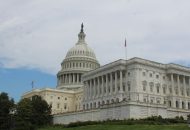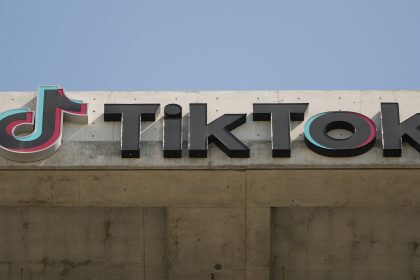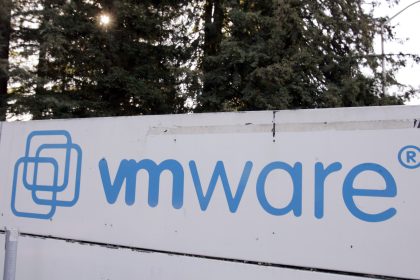Broadband Deployment Needs Better Data, Flexible Approach

The Federal Communications Commission must be more “forward-looking” as the agency thinks of spending billions on high-speed broadband deployment, said Austin Bonner, wireline legal advisor for FCC Commissioner Geoffrey Starks, at a Federal Communications Bar Association lunch-and-learn event Wednesday.
In President Joe Biden’s American Jobs Plan, the infrastructure funding plan would allocate $100 billion to broadband, an amount that Republicans want to decrease to $65 billion, which the White House indicated on May 21 it would be willing to accept “in the spirit of finding common ground.”
On Wednesday, Biden met with Sen. Shelley Moore Capito, R-W. Va., who represents a group of Republicans looking to come to a compromise on Biden’s overall infrastructure plan, including the high-speed internet objectives.
Before the deal is sealed, however, Bonner said the FCC must gather the data from the pandemic, such as the lessons from having parents and children trying to jump onto online meetings and classes at the same time, to ensure the proper investment of funds that leave “folks with something that’s going to stand the test of time.”
Moreover, the data currently used for the broadband policy decisions is pre-pandemic, warned Scott Wallsten, president of Technology Policy Institute, during yesterday’s separate Brookings Institution event discussing whether Biden’s broadband plan would actually close the digital divide between communities having high-speed internet access and those that do not.
It is “nice to see [broadband] has become a mainstream” issue, Wallsten said, but he was surprised the U.S. will be “[spending] $100 billion on two paragraphs” – to be fair, there are four paragraphs under Biden’s “Revitalize America’s digital infrastructure” section.
Wallsten’s fellow panelist, Brookings Institutions’ Senior Fellow Dr. Nicol Turner-Lee, noted it will require “a multi-stakeholder approach” that is “technology-agnostic” and “flexible.“
“We need to be thinking of the plethora of technology,” she urged, and what is right for the specific underserved community – for example, what type of technology actually “works best” for the area being reached.
Critics of the administration’s broadband policy proposals, such as the Information Technology and Innovation Foundation, have called for a revision of the plan’s objectives of upgrading existing networks to have symmetrical high speeds – as opposed to the current requirements of high download speeds and low upload speeds – to reach 100% coverage and prioritizing government-owned and non-profit networks.
“It does not seem like good policy to provide [symmetrical speeds] to some regions that may already have connectivity when there are…areas of the country that still lack any internet,” said Danielle Thumann, wireline legal advisor to FCC Commissioner Brandon Carr, adding that those disconnected areas should be targeted first.
In a report last month, the ITIF suggested that broadband policy should target subsidies to high-cost areas that are not built out, to avoid duplicative efforts and keep moderate speed requirements as opposed to the symmetrical, and hold procurement auctions, instead of prioritizing municipal networks. The latter, the report stated, have proven to “help network deployment in high-cost areas much more cost effectively than other models.”
This is where a “hybrid” approach – be it a combination of broadband, wireless, or satellite – could benefit the residents, Turner-Lee explained, as competition would address resident’s affordability and connectivity issues, helping these individuals to “boost their economic recovery.”
In areas lacking providers, she said, it was reasonable for municipal networks to “step in,” but the approach has to “stop trying to be so constrained.”
The FCC has been trying to map out the served versus underserved broadband areas for about 10 to 15 years and has yet to finalize them. This needs to happen to ensure accurate deployment, Turner-Lee urged, to avoid underbuilding or overbuilding broadband networks across the U.S.
























